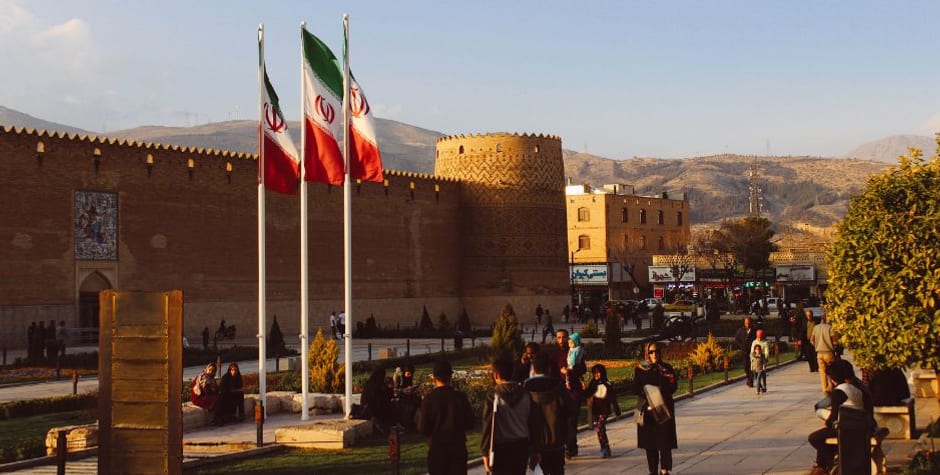

The CJEU Protects Converts to Christianity; and France?
The CJEU Protects Converts to Christianity; and France?
According to the Court of Justice of the European Union (CJEU), an asylum application based on a religious conversion that occurred after the foreigner left their country of origin cannot be automatically rejected as abusive. This is a strong decision for the protection of Christians of Muslim origin, who still face difficulties in proving the sincerity of their conversion and the reality of the threats they face.
Today in France, an Iranian Christian, threatened with death for apostasy in his country, is subject to a deportation order (OQTF). This disturbing case, closely followed by the European Centre for Law and Justice, echoes that of another Iranian whose initial request for international protection was definitively rejected by Austrian authorities in 2018. He later submitted a new request ("subsequent application") for international protection in Austria, claiming that he had converted to Christianity in the meantime and feared persecution in his country of origin as a result. The Federal Office for Immigration and Asylum (BFA) recognizes his conversion and the risks he faces in Iran, granting him subsidiary protection and temporary residence.
However, it denies him refugee status on the grounds that: “A foreign national who files a subsequent application […] shall normally not be granted asylum status if the risk of persecution is based on circumstances which the foreign national has created by his or her own decision since leaving his or her country of origin, unless the activities in question are permitted in Austria and it is established that those activities constitute the expression and continuation of convictions held in the country of origin” (second sentence of Paragraph 3(2) of the Federal Law on the Granting of Asylum of 2005).
The Iranian brings the case before the Austrian justice, which does not detect any abusive intent or manipulation of the procedure on his part. Furthermore, the Federal Administrative Court considers that a conversion process started only on site is not sufficient to justify the refusal to recognize refugee status. After an appeal on a point of law (revision) against that decision by the BFA, the Supreme Administrative Court observes that Austrian law has transposed Article 5(3) of Directive 2011/95 of the European Parliament and of the Council, and that the interpretation of this article determines the outcome of the dispute. This article states that, “[w]ithout prejudice to the Geneva Convention, Member States may determine that an applicant who files a subsequent application shall not normally be granted refugee status if the risk of persecution is based on circumstances which the applicant has created by his or her own decision since leaving the country of origin.”
Asylum for the Christian converted by inner conviction
The Supreme Administrative Court stays the proceedings and refers the question for a preliminary ruling to the CJEU of whether the on-site conversion must be the expression and continuation of a belief already expressed in the country of origin. For the CJEU, which rendered its decision on 29 February 2024, the fact that an applicant cannot "normally" be recognized as a refugee due to "circumstances which the foreign national has created by his or her own decision since leaving his or her country of origin" is only meant to limit the abuse of the procedure. The adverb "normally" does not exclude that, even in such circumstances, an applicant may, under certain conditions, be granted this status.
Thus, an asylum application based on a religious conversion that occurred after the foreigner left their country of origin cannot be automatically rejected as abusive. The proof of conversion by inner conviction, as in this case, excludes the existence of an abusive intent. The authenticity of the conversion is not conditioned by the expression and continuation of a belief already expressed by the applicant in the country of origin.
With this decision, the Court of Justice of the European Union advocates for the examination of asylum applications from individuals who convert once they have arrived in Europe. Therefore, France must even more consider the case of Ata Fathimaharlooei, who converted to Christianity while still in Iran.













